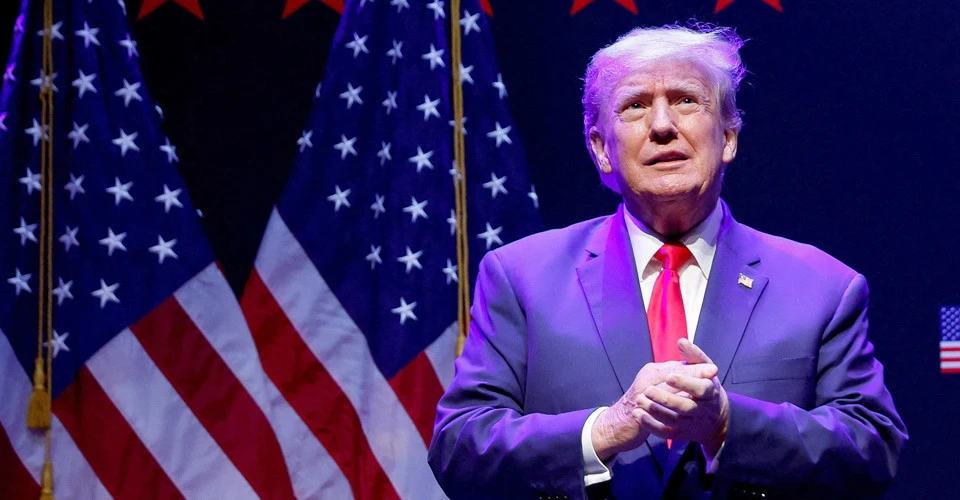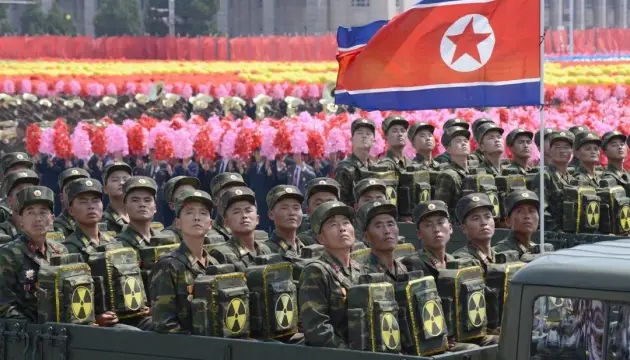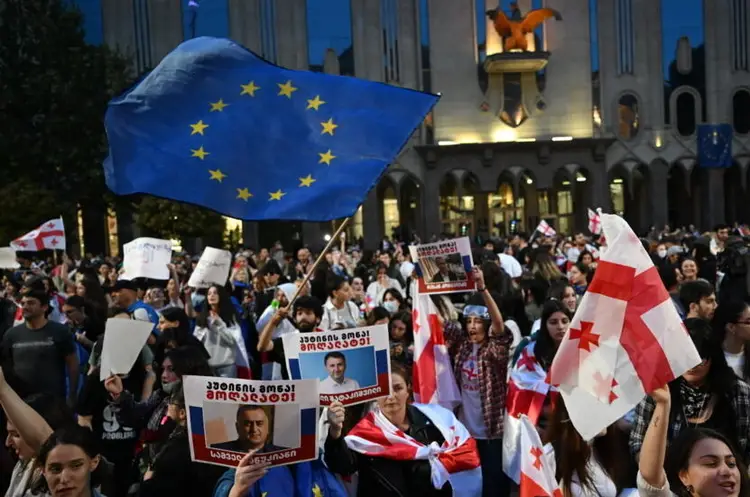The U.S. Supreme Court ruled that Trump has "partial immunity from prosecution" in the Capitol storming case

On Monday, July 1, the U.S. Supreme Court ruled that former U.S. President Donald Trump can claim immunity from criminal prosecution for the January 6, 2021, storming of the Capitol
CNN reports.
It's noted that the ruling is likely to further delay the trial on federal election subversion charges.
In a case that was before the Supreme Court, the decision overrules a federal appeals court ruling in February that found Trump did not have immunity for alleged crimes he committed during his presidency to overturn the results of the 2020 election.
Supreme Court Chief Justice John Roberts said presidents do need immunity for their official acts, "at least with respect to the president's exercise of his core constitutional powers, that immunity should be absolute." However, he said, not everything presidents do is official.
"The president is not immune for his unofficial actions, and not everything the president does is official. The president is not above the law. But Congress cannot criminalize the president's conduct while acting as the executive branch under the Constitution", Roberts said.
Biden Reacted
Acting U.S. President Joe Biden said the Supreme Court's "partial immunity" ruling could set a dangerous precedent. He said this during a speech.
He said US citizens have a right to know whether Trump is guilty, however, with this court ruling it is unlikely. It could also lead to future presidents ignoring the law by invoking their own immunity.
"I know I will respect the limits of authority, as I have done for three and a half years. But any president, including Donald Trump, is now free to ignore the law", Biden said.
- On February 6, 2024, the federal appeals court for the District of Columbia ruled that former U.S. President Donald Trump does not have presidential immunity in the case involving the January 6, 2021 storming of the Capitol.












